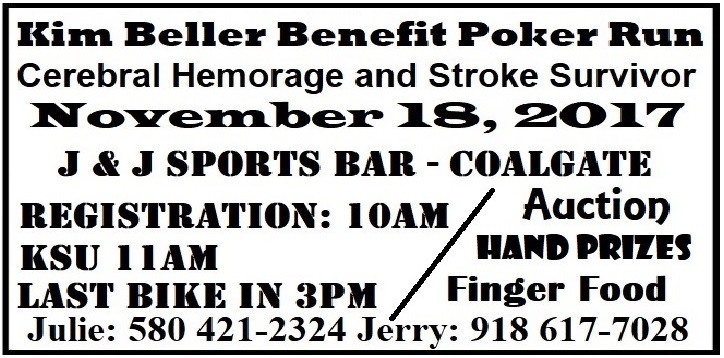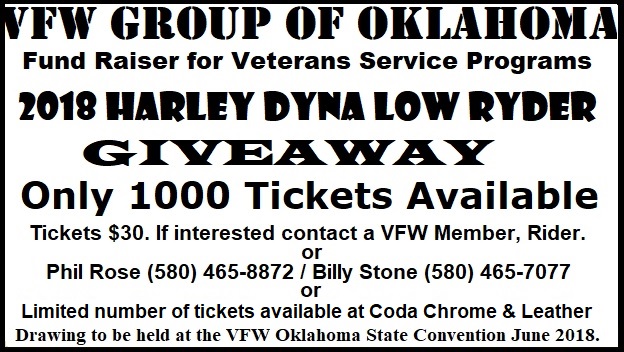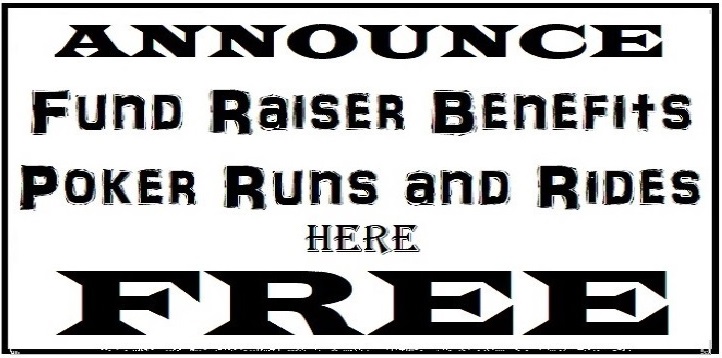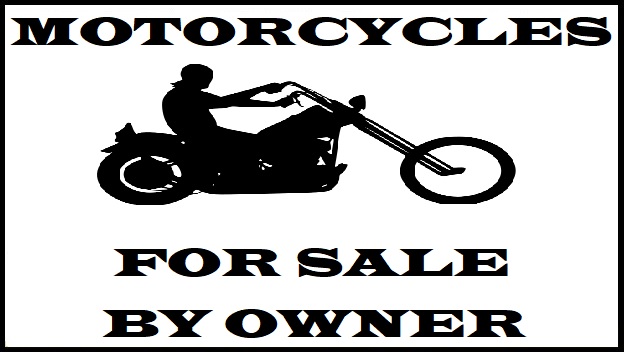Issue 1 Nov 3, 2017
5 Tips for Riding A Motorcycle Through Winter
When the temperature plunges to 10 degrees, motorcycling can go from "Get your motor running" to "Sux2BU" pretty quick. Even Jamie Robinson, racing champion and motorcycle adventurer for MotoGeo.com, warns: "Motorbikes and ice do not mix well, unless you have special spikes in your tires."
If you're tempted to give it a whirl, though, here are five common-sense tips to keep your bad self upright during the bitter months, assuming first that you have had your machine properly winterized.
1. Slow down
This may fall into the "duh" category of motorcycling tips, but bikers are typically in a hurry; that's part of the fun. In cold weather, though, be extra-easy with the accelerator and try extra-hard to refrain from sudden anything - braking, acceleration, cornering, swerving. Remember it's easy to go fast - all you have to do is spin the accelerator. A great biker can slow down to almost a standstill and still control the machine, and the slow-and-steady skills you learn while driving in the winter will be handy when it's spring and summer.
2. Remember cold weather = cold tires = less traction = (see tip#1)
Let's assume your tires are in great working order. (Quit reading now if your tires are bald or decrepit, and go buy new ones.) Your tires, under normal conditions, heat up from use after you ride a bit, resulting in tighter traction and enabling you to control the machine like a champ. In freezing weather, you can safely assume any tire heat gathered from your trip is gone after as much as a 60-second stop, and you're starting from scratch. Check your pressure in cold weather more often in winter, too, and use a gauge, not your eyes.
3. Establish a relationship with a local motorcycle-specific tow-and-repair service - before you ride.
You have a dentist and a doctor even though you don't need one right this second, right? So what if your bike ends up on its side when it's snowing, you Google "motorcycle tow" and discover the nearest guy with a flatbed is 50 miles away? Scout a good, reliable local tow place in advance; go visit them, bring them a donut, shoot the breeze, give 'em your card, take theirs and if they're especially friendly, give 'em a thumbs-up on Yelp or Facebook. Consider, too, joining the American Motorcycle Association, who, among other things, will assist you with roadside service in your time of need.
4. If it starts to snow, hang it up.
Freezing cold weather, wind and even ice can be dealt with by beginners or near-beginners. But when a snowstorm happens, your visibility is typically reduced to garbage and you can either tough it home going 4 miles an hour and trying to avoid black ice, inept auto drivers, sharp curves and the like, or you can find the nearest mall or similar shelter and wait it out. No one will think you a cupcake just because you don't want to ride in the snow, either, so go ahead and find sanctuary when God's dandruff falls from the sky.
Robinson boils it down to this: "Don't lean over, use the rear brake slow and head straight for the nearest place to rest while it passes."
5. Wear proper gear
We've heard this all our motorcycling lives, and some of us pay more attention to it than others. But the arctic buzz-kill is a great time to invest in some heavy-duty gear including boots, pants, jacket, gloves and a full-face DOT-approved helmet. Not only does proper gear help prevent road rash, serious injury or worse in the event of a crash, it keeps you toasty. Anyone who has tried to tough out a ride through freezing weather knows the particular hell of biking with some part of your body involuntarily naked.
One way to stay warm is to consider heated gear - pants, gloves, jackets - equipped with electronics one either charges beforehand or hooks up to an equipped motorcycle.
Josh Max forbes contributor
|
|









